
Find Help
More Items From Ergsy search
-

What agencies monitor and regulate sewage pollution in the UK?
Relevance: 100%
-
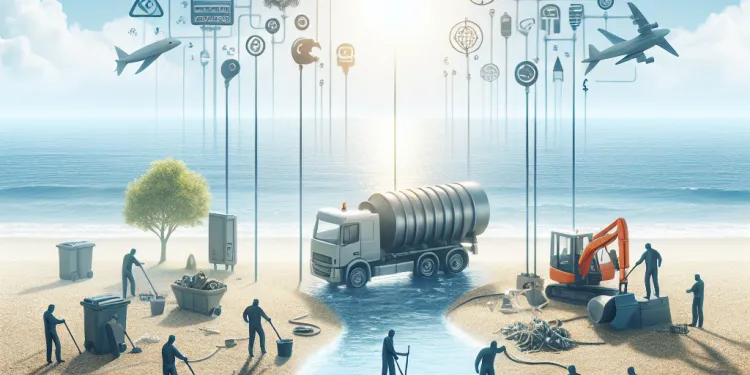
What is being done to address sewage pollution on UK beaches?
Relevance: 61%
-

What role do water companies play in sewage pollution?
Relevance: 58%
-
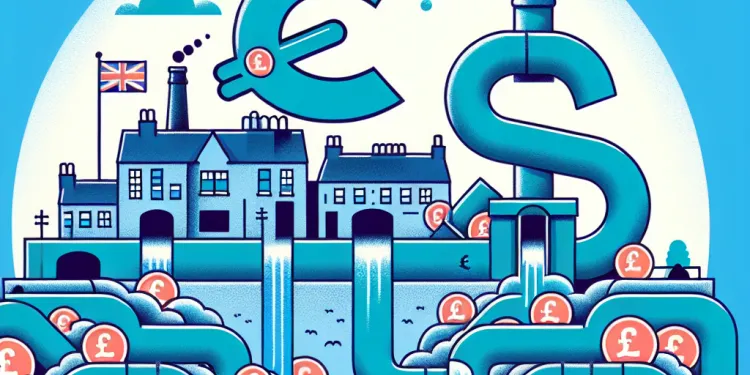
Which UK areas are most affected by sewage pollution?
Relevance: 57%
-
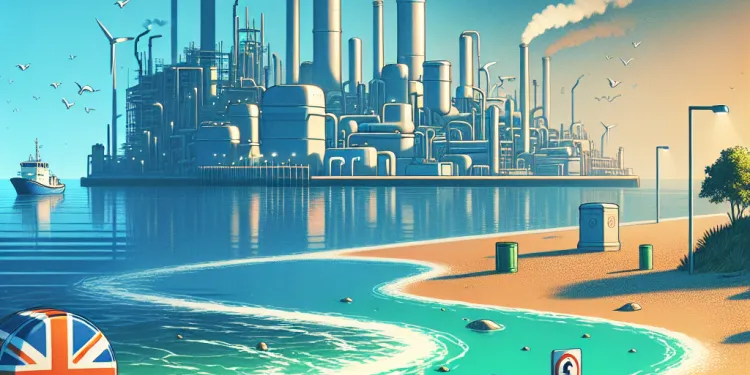
What causes sewage pollution on UK beaches?
Relevance: 57%
-
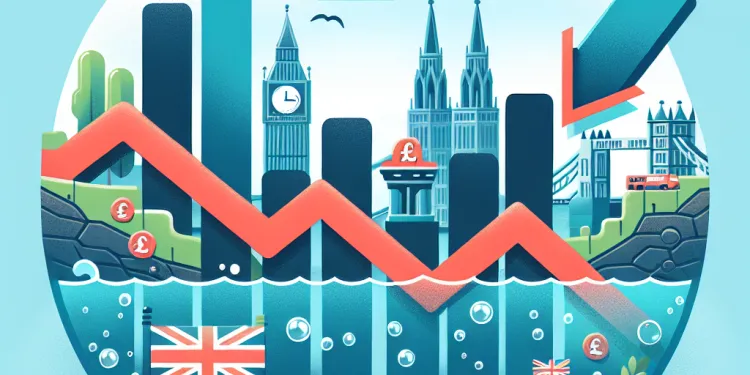
Has sewage pollution in the UK improved over recent years?
Relevance: 57%
-
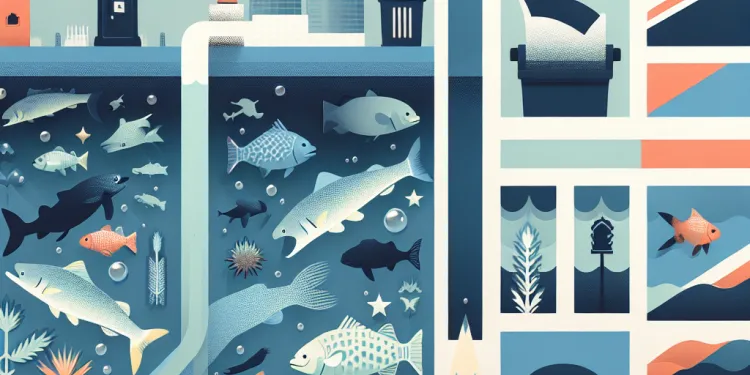
Can sewage pollution impact marine wildlife?
Relevance: 55%
-
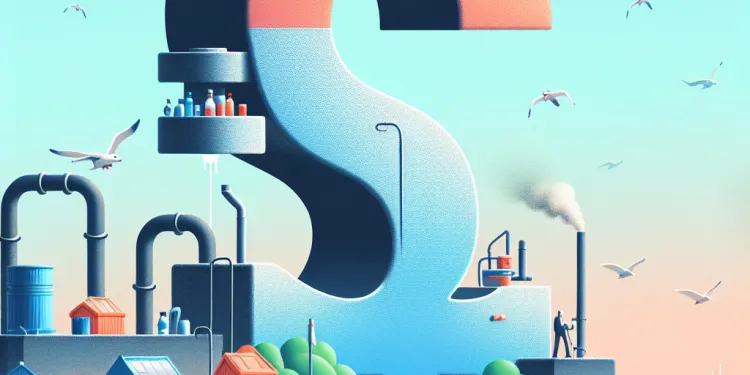
How can the public find out if a beach has sewage pollution?
Relevance: 52%
-
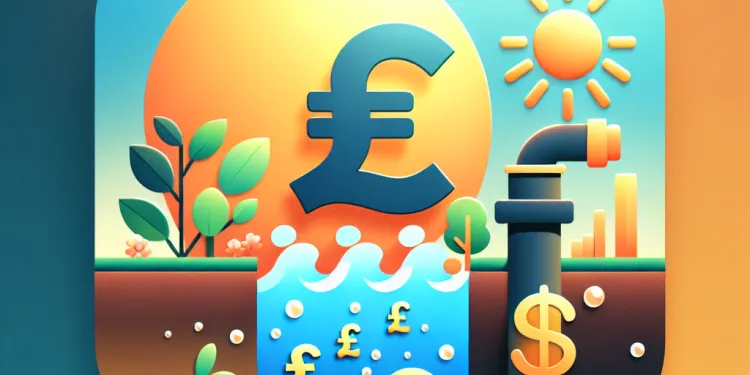
Is climate change affecting sewage pollution levels?
Relevance: 52%
-
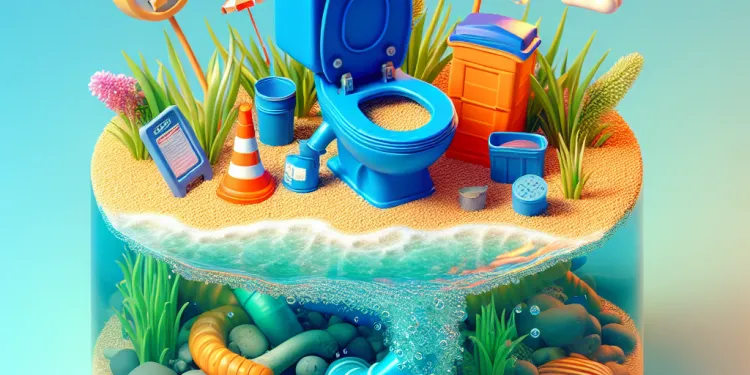
Is sewage a problem on UK beaches?
Relevance: 51%
-
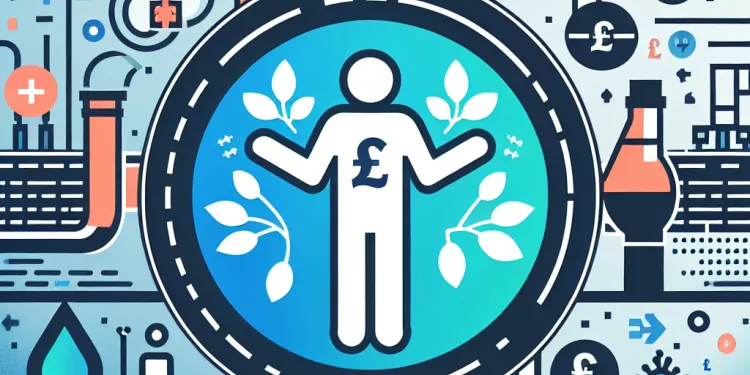
How does sewage pollution affect public health?
Relevance: 50%
-
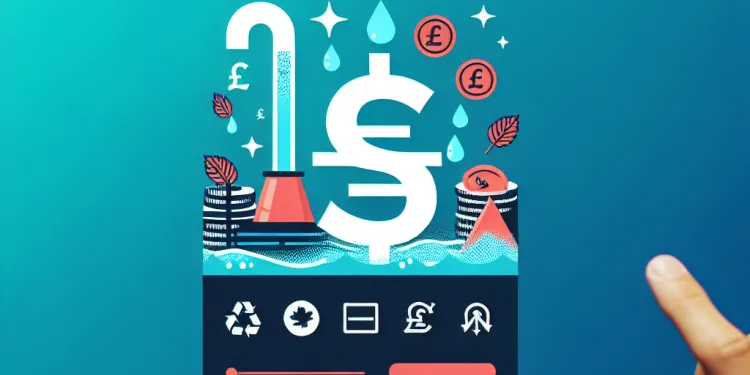
How can individuals help reduce sewage pollution?
Relevance: 47%
-
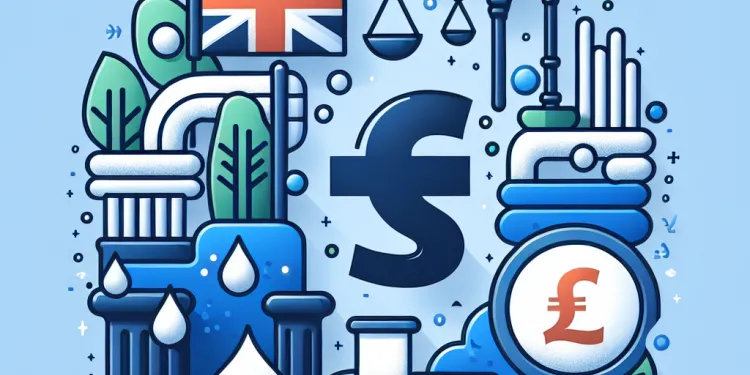
Are there legal guidelines for sewage discharge into UK waters?
Relevance: 46%
-
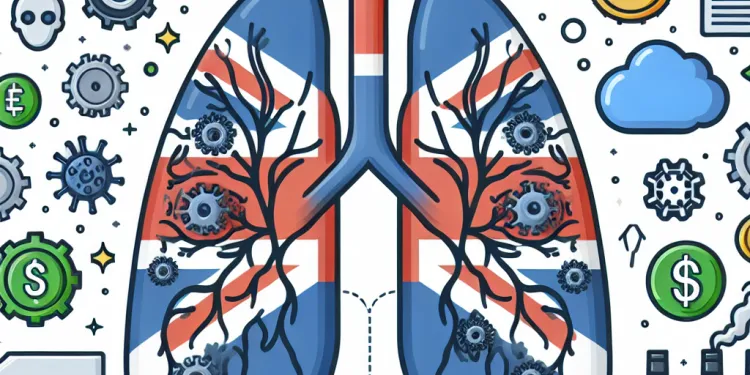
Air Pollution and Lung Cancer
Relevance: 29%
-
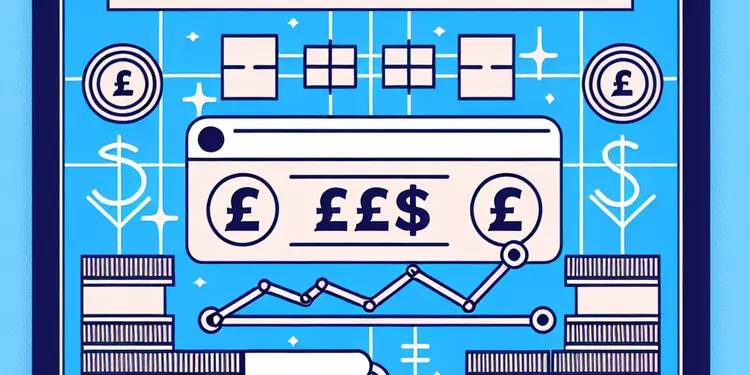
Is the production of ketamine regulated?
Relevance: 26%
-

Where can I find information on air pollution and its effect on Asthma for my local area?
Relevance: 25%
-
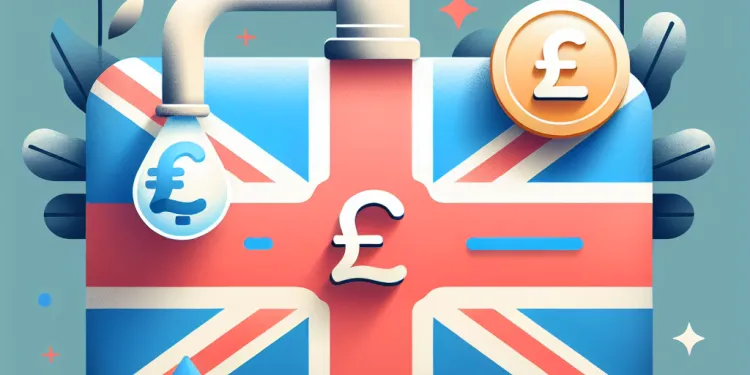
Who regulates water companies in the UK?
Relevance: 24%
-

Supreme Court to Hear Landmark Case on Environmental Regulations
Relevance: 24%
-

High Air Pollution Levels Linked to Rising Cases of Respiratory Issues
Relevance: 24%
-

Rise in Childhood Asthma Linked to Air Pollution in Urban Areas
Relevance: 23%
-
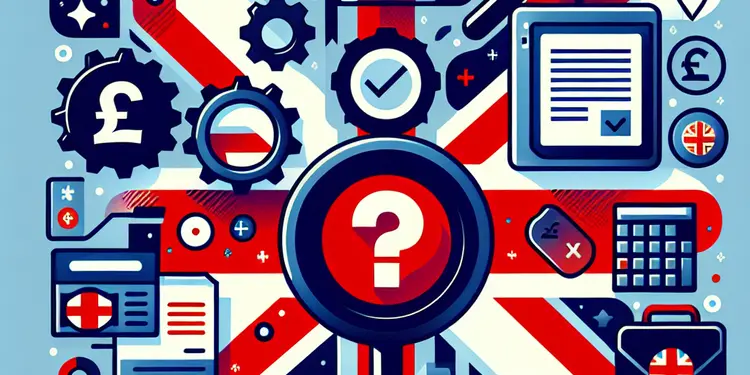
Can I complain to a government agency about unsolicited contacts?
Relevance: 23%
-

Who regulates the performance and compliance of UK water companies?
Relevance: 23%
-

How does air pollution affect asthma?
Relevance: 23%
-

What should families look for in a live-in care agency?
Relevance: 22%
-

Where can I find research studies on air pollution and asthma in my area?
Relevance: 22%
-

How is the quality of live-in care monitored?
Relevance: 22%
-

What is a Combined Sewer Overflow (CSO)?
Relevance: 21%
-
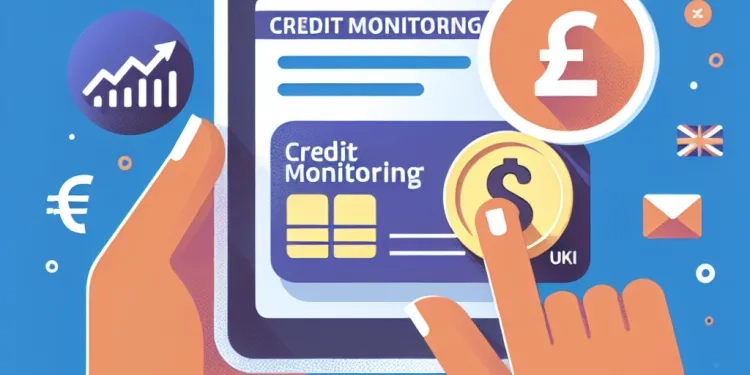
What is credit monitoring?
Relevance: 21%
-

What are some common pollutants that affect asthma sufferers in urban areas?
Relevance: 21%
-

What is the role of a water regulator in my claim?
Relevance: 21%
-
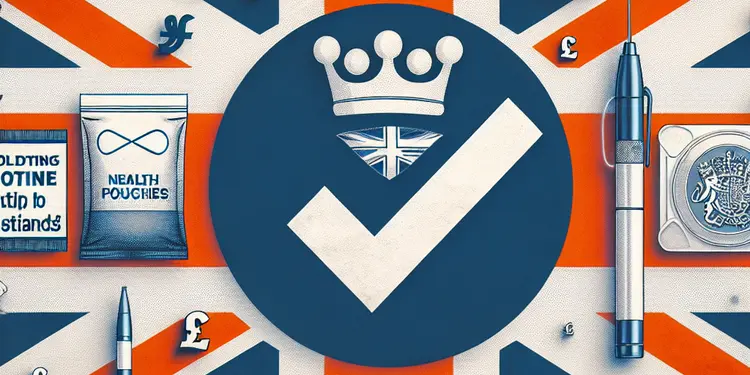
Are nicotine pouches regulated by health authorities?
Relevance: 19%
-
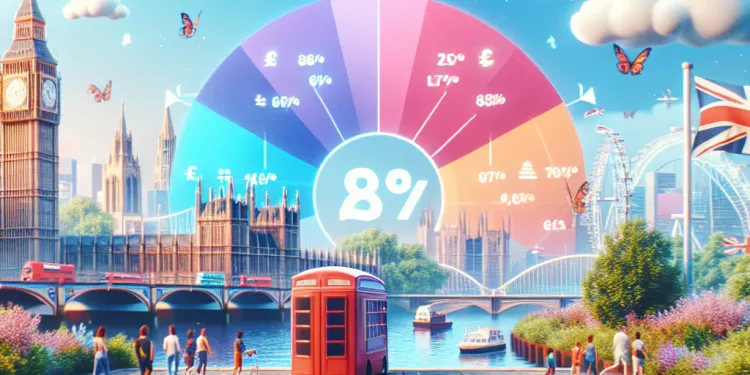
Is UK air quality changing?
Relevance: 19%
-
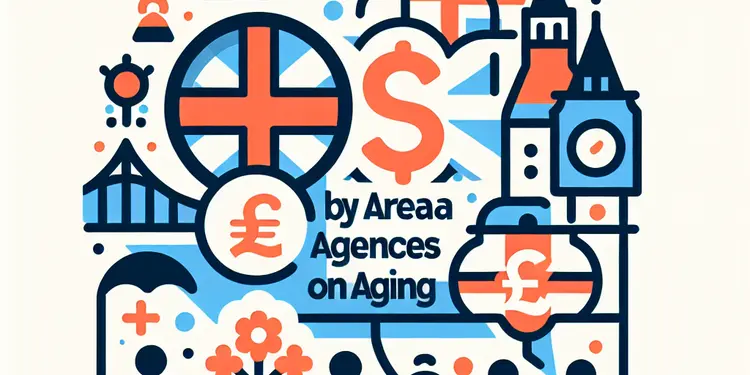
What role do Area Agencies on Aging play in supporting seniors?
Relevance: 18%
-
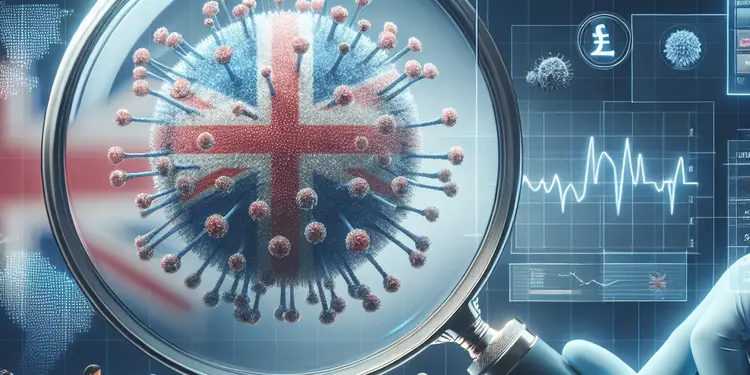
How do health officials monitor H3N2 activity?
Relevance: 18%
-

Are there specific regulations for ground burials in the UK?
Relevance: 18%
-
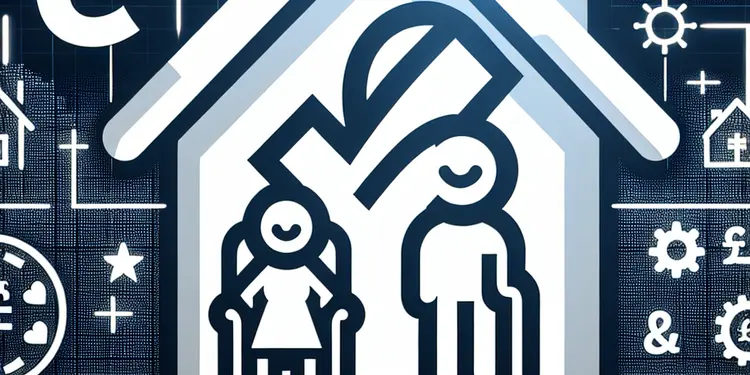
How is the quality of care regulated in care homes?
Relevance: 18%
-

Are energy prices regulated in the UK?
Relevance: 18%
-

What role does government regulation play in protecting pensions?
Relevance: 18%
-
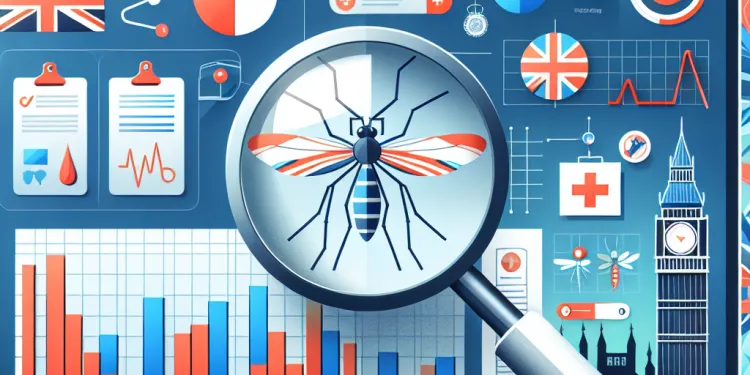
How do health officials monitor West Nile Virus?
Relevance: 17%
-
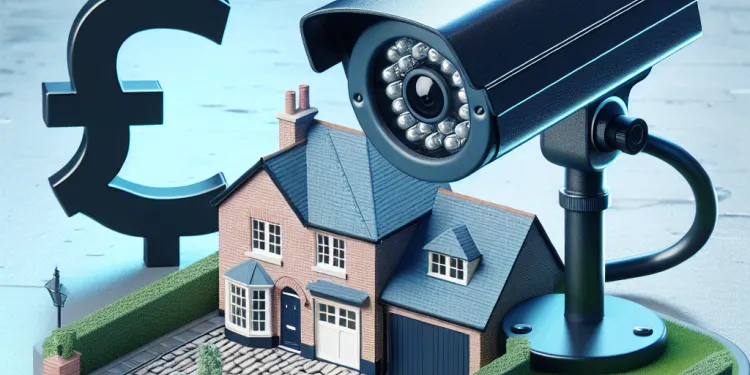
Is my concern valid if the camera is only monitoring my driveway?
Relevance: 17%
Monitoring and Regulating Sewage Pollution in the UK
Environment Agency (EA)
The Environment Agency plays a pivotal role in regulating and monitoring sewage pollution in England. It oversees water quality and ensures compliance with environmental laws. The EA grants permits for sewage discharge and conducts regular inspections and monitoring to ensure water companies adhere to legal standards. They also investigate incidents of pollution and can take enforcement actions, including fines and prosecutions, against companies that do not comply with regulations.Scottish Environment Protection Agency (SEPA)
In Scotland, the Scottish Environment Protection Agency is responsible for safeguarding the environment, including overseeing sewage pollution. SEPA regulates discharges to water bodies and ensures compliance with environmental legislation. They work on improving water quality and may enforce penalties on those responsible for unauthorized pollution incidents.Natural Resources Wales (NRW)
Natural Resources Wales is the body tasked with monitoring and regulating sewage pollution in Wales. NRW ensures that discharges from sewage treatment facilities meet legal requirements and contribute to keeping Welsh water bodies safe and clean. They conduct regular assessments and work with water companies to manage pollution risks effectively.Northern Ireland Environment Agency (NIEA)
The Northern Ireland Environment Agency oversees the regulation of sewage pollution in Northern Ireland. They issue discharge permits and enforce regulations to ensure water quality standards are maintained. The NIEA monitors watercourses for pollution and takes corrective measures to prevent environmental damage.Water Services Regulation Authority (Ofwat)
While Ofwat is primarily an economic regulator for the water sector in England and Wales, it also plays an indirect role in pollution control by ensuring water companies invest adequately in infrastructure to prevent sewage leaks and overflows. By regulating the industry economically, Ofwat supports the sustainable and efficient management of sewage treatment facilities.Local Authorities
Local authorities in the UK have specific responsibilities for managing environmental health, which includes local water quality issues. They often work in collaboration with the national agencies to address pollution incidents and can also engage in local planning to prevent future issues. These agencies collectively ensure that sewage pollution is efficiently managed and regulated across the UK, safeguarding public health and preserving water quality.Watching Over and Managing Sewage Pollution in the UK
Environment Agency (EA)
The Environment Agency helps keep England's water clean. They check how well water companies follow rules about sewage. They give permits to allow sewage to be released, but they check to make sure it’s done safely. If a company breaks the rules, the EA can punish them by giving fines or taking them to court.Scottish Environment Protection Agency (SEPA)
In Scotland, SEPA helps protect the environment. They make sure sewage doesn’t pollute rivers or lakes. If someone breaks the rules, SEPA can make them pay a penalty. They work hard to keep water clean and safe in Scotland.Natural Resources Wales (NRW)
In Wales, NRW checks that sewage is cleaned before it goes into rivers and seas. They make sure that sewage plants follow the law to keep water clean. NRW works with water companies to stop pollution.Northern Ireland Environment Agency (NIEA)
In Northern Ireland, the NIEA makes sure the water stays clean. They give permits for releasing sewage and check that everything is done properly. If the water gets dirty, they will step in to fix the problem.Water Services Regulation Authority (Ofwat)
Ofwat takes care of money matters for water companies in England and Wales. They make sure companies spend enough to prevent sewage spills. By watching the money, Ofwat helps keep the water systems working well.Local Authorities
Local councils in the UK help keep local places clean. They work with bigger agencies to tackle water pollution problems. They can also help plan to stop future pollution. These groups all work together to keep sewage from hurting the water. They help keep people healthy and the environment clean. If reading is difficult, tools like audiobooks and text-to-speech apps can help.Frequently Asked Questions
Which agency is primarily responsible for regulating sewage pollution in the UK?
The Environment Agency is the primary regulator of sewage pollution in England. In Scotland, it is the Scottish Environment Protection Agency (SEPA), in Wales, it is Natural Resources Wales, and in Northern Ireland, it is the Northern Ireland Environment Agency.
How does the Environment Agency monitor sewage discharges?
The Environment Agency monitors sewage discharges through a combination of permitting, regular inspections, and reviewing data from water companies regarding their treatment processes and discharge into water bodies.
What is the role of Ofwat in relation to sewage pollution?
Ofwat is the economic regulator for the water and sewerage sectors in England and Wales. While it primarily focuses on ensuring that consumers receive good value and quality service, it also indirectly influences environmental performance by setting performance targets and penalties.
How does SEPA regulate sewage pollution in Scotland?
SEPA regulates sewage pollution by issuing licenses to control pollutant discharges, conducting inspections, monitoring water quality, and taking enforcement actions when necessary.
What legislation governs sewage pollution in the UK?
The primary legislation for sewage pollution in the UK is the Water Resources Act 1991, along with the Environment Act 1995 and the Environmental Permitting (England and Wales) Regulations 2016.
What can individuals do if they suspect sewage pollution?
Individuals can report suspected sewage pollution to the Environment Agency in England, SEPA in Scotland, Natural Resources Wales, or the Northern Ireland Environment Agency, depending on their location.
How do water companies manage sewage treatment?
Water companies manage sewage treatment by operating sewage treatment plants, maintaining the sewer network, and ensuring compliance with environmental standards and permits.
What penalties do companies face for sewage pollution violations?
Companies that violate sewage pollution regulations can face fines, enforcement actions, and in severe cases, criminal prosecution.
Does the UK government have a plan to reduce sewage pollution?
Yes, the UK government has plans such as the 25 Year Environment Plan, which includes goals to improve water quality and reduce pollution from sewage and other sources.
What actions can local councils take to address sewage pollution?
Local councils can work with water companies, environmental regulators, and communities to address local sewage pollution issues by participating in planning, enforcement, and public awareness activities.
Are there public reports on sewage pollution incidents?
Yes, both the Environment Agency and the water companies publish reports on sewage pollution incidents, which are usually available to the public online.
How does Natural Resources Wales monitor sewage pollution?
Natural Resources Wales monitors sewage pollution by issuing permits, conducting regular river quality assessments, and working with water companies to ensure compliance with environmental standards.
What is the Water Framework Directive and its relation to sewage pollution?
The Water Framework Directive is an EU directive that sets goals for water quality and aims to reduce pollution, including from sewage, to achieve good ecological status for water bodies.
How are new sewage treatment technologies regulated?
New sewage treatment technologies are regulated through the environmental permitting process, which requires approval from the relevant environmental agency based on their effectiveness and environmental impact.
What role do citizens play in reducing sewage pollution?
Citizens can play a role by reducing wastewater from households, disposing of waste properly, using water-efficient appliances, supporting policies for improved sewage management, and reporting pollution incidents.
Who takes care of keeping rivers and seas clean from sewage in the UK?
The Environment Agency looks after sewage pollution in England. In Scotland, SEPA does this job. In Wales, it is Natural Resources Wales. In Northern Ireland, it is the Northern Ireland Environment Agency.
Tools like audiobooks or text-to-speech can help when reading. Pictures or videos might also make things clearer. Ask someone if you need help understanding. Always remember, it's okay to ask questions!
How does the Environment Agency check sewage spills?
The Environment Agency looks at sewage spills to keep water clean and safe.
They use different ways to watch and check sewage spills, like:
- Putting sensors in the ground and water to find problems.
- Checking reports from people who see spills.
- Using planes and satellites to take pictures of big spills.
To learn more, you can:
- Watch videos about how spills affect our water.
- Join local groups that help keep rivers and beaches clean.
- Ask for help from someone who knows more about water pollution.
The Environment Agency checks how sewage is released into water. They do this by giving permission, checking often, and looking at information from water companies about how they clean and let out water.
What does Ofwat do about sewage pollution?
Ofwat helps keep our water clean. It makes sure water companies do their job and fix problems with dirty water, like sewage.
If water is dirty, Ofwat tells companies to clean it up. They help stop pollution in rivers and lakes.
Tips: Look at pictures or videos about clean water. Use a dictionary to understand new words.
Ofwat is in charge of looking after water and sewerage services in England and Wales. They make sure people get good service and pay a fair price. Ofwat also cares about the environment. They set goals and rules to help water companies do better for the planet.
How does SEPA manage waste pollution in Scotland's water?
SEPA makes rules to keep water clean.
They make sure people and companies do not dump waste into rivers and seas.
If someone breaks the rules, they can be in trouble.
SEPA checks the water to make sure it is safe.
Helpful tips:
- Use pictures to understand water pollution.
- Watch videos about keeping water clean.
- Ask someone to explain difficult words.
SEPA makes sure sewage does not pollute water. They give out special permits to control pollution. They check places to see if rules are followed. They test water to make sure it is clean. If someone breaks the rules, SEPA can take action.
What rules control dirty water in the UK?
The main laws about sewage pollution in the UK are:
- The Water Resources Act from 1991.
- The Environment Act from 1995.
- The Environmental Permitting Rules for England and Wales from 2016.
These laws help keep our water clean and safe.
It might help to use pictures or simple diagrams to understand these laws better. Talking to someone who knows about these topics, like a teacher, can also make it easier to learn.
What to do if you think there is sewage pollution?
If you think there is sewage pollution, you can do these things:
- Tell someone: Find a grown-up or an adult you trust. Let them know what you saw or smelled.
- Take pictures: If it's safe, use a phone or camera to take photos. This can help show the problem.
- Call for help: You or an adult can call the local water company or the environment agency. They can check and fix the problem.
- Write it down: Keep a note of the time and place you saw the pollution. This helps to explain the situation.
Remember: Don't go too close to the pollution. It can be dangerous. Always tell an adult.
If you think there is dirty water pollution, you can tell some people to help.
In England, you can tell the Environment Agency.
In Scotland, you can tell SEPA.
In Wales, you can tell Natural Resources Wales.
In Northern Ireland, you can tell the Northern Ireland Environment Agency.
How do water companies clean dirty water?
Water companies take dirty water from homes and places.
They clean the water to make it safe and clean again.
Here is how they do it:
- First, they take out big trash items.
- Then, they use machines to clean the rest of the water.
- They add special stuff to kill all the germs.
- Last, the clean water goes back to nature.
If you want help understanding this, ask someone you trust.
Using pictures or videos can also help you learn more.
Water companies take care of cleaning dirty water. They run places called sewage treatment plants. They also look after the pipes that carry dirty water. They make sure they follow rules to keep the environment safe.
What happens to companies that pollute with sewage?
If a company pollutes with sewage, it can get into trouble. Here are some things that might happen:
- The company might have to pay money. This is called a "fine".
- The company could get a warning. This is a message telling them to stop polluting.
- Sometimes, people might check the company to make sure they follow the rules.
People use tools like pictures or videos to understand better. You can ask someone to explain if you need help.
Companies that break the rules about sewage pollution can get into trouble. They might have to pay money as a fine. Sometimes, the government will take stronger actions against them. If it is very serious, they might even go to court and face criminal charges.
Does the UK government have a plan to stop dirty water pollution?
The UK government has a plan to make lakes and rivers cleaner. They want to stop dirty water, called sewage, from going into the water.
Here are some tips to help you understand:
- Look for news stories about water and the environment.
- Ask a teacher or an adult to explain more about water pollution.
- Use pictures or videos to see how water gets dirty and why it's bad.
- You can also use tools that read out loud to help you understand the words better.
Yes, the UK government has a plan to help the environment. It is called the 25 Year Environment Plan. This plan wants to make water cleaner and have less pollution from sewage and other things.
If you find reading hard, you can try listening to the text with a text-to-speech tool. You can also try using a dictionary to look up words you don't know.
How can local councils help stop water pollution from sewage?
Local councils can do things to keep our water clean:
- Check pipes and fix them if they leak.
- Make rules to stop people from throwing bad things in the water.
- Build strong places to clean dirty water before it goes into rivers or the sea.
- Teach people about taking care of water.
Tools to help:
- Use simple maps to show where water is clean or dirty.
- Make posters or videos to teach everyone how to help.
Local councils can help with sewage pollution problems. They can work with water companies, groups that look after the environment, and people who live nearby. They can join in planning, making rules happen, and teaching people about the problem.
Can you find reports about sewage pollution?
Yes, you can find reports about sewage pollution by the Environment Agency and water companies online. These reports tell you about pollution incidents.
How does Natural Resources Wales check for sewage pollution?
Natural Resources Wales looks at water to make sure it is clean. They watch for dirty water, like sewage. Sewage is dirty water that comes from toilets and sinks.
They use special tools and tests to check the water. They also work with other people and groups to keep the water safe.
If you want to know more, you can visit the Natural Resources Wales website or ask a teacher or a helper to explain it to you.
Natural Resources Wales looks after our rivers and lakes.
They make sure water is clean by:
1. Giving out special rules and permits.
2. Checking the water in rivers often.
3. Helping water companies follow the rules, so water stays safe and clean.
You can use apps and websites to learn more about water safety.
What is the Water Rule and how does it link to dirty water?
The Water Rule is a law. It helps keep rivers and lakes clean. It says how we should look after our water.
Sometimes, sewage (dirty water from toilets and sinks) can get into rivers and lakes. This is bad for fish, plants, and people. The Water Rule helps stop this.
Tools like pictures or videos can help explain more. Watching videos about clean water can give more information.
The Water Framework Directive is a rule from the European Union. It has goals to keep water clean and healthy. It wants to stop pollution, like dirty water from toilets, so that rivers and lakes are clean and good for nature.
How do we make sure new ways to clean dirty water are safe?
New ways to clean dirty water need special permission before they can be used. This permission comes from a group that looks after the environment. They check if the new way works well and is safe for nature.
How can people help stop dirty water pollution?
People can help by using less water at home, throwing away trash the right way, using special water-saving tools, supporting rules to fix sewage systems, and telling someone if they see pollution.
Useful Links
This website offers general information and is not a substitute for professional advice.
Always seek guidance from qualified professionals.
If you have any medical concerns or need urgent help, contact a healthcare professional or emergency services immediately.
Some of this content was generated with AI assistance. We’ve done our best to keep it accurate, helpful, and human-friendly.
- Ergsy carfully checks the information in the videos we provide here.
- Videos shown by Youtube after a video has completed, have NOT been reviewed by ERGSY.
- To view, click the arrow in centre of video.
- Most of the videos you find here will have subtitles and/or closed captions available.
- You may need to turn these on, and choose your preferred language.
- Go to the video you'd like to watch.
- If closed captions (CC) are available, settings will be visible on the bottom right of the video player.
- To turn on Captions, click settings .
- To turn off Captions, click settings again.
More Items From Ergsy search
-

What agencies monitor and regulate sewage pollution in the UK?
Relevance: 100%
-

What is being done to address sewage pollution on UK beaches?
Relevance: 61%
-

What role do water companies play in sewage pollution?
Relevance: 58%
-

Which UK areas are most affected by sewage pollution?
Relevance: 57%
-

What causes sewage pollution on UK beaches?
Relevance: 57%
-

Has sewage pollution in the UK improved over recent years?
Relevance: 57%
-

Can sewage pollution impact marine wildlife?
Relevance: 55%
-

How can the public find out if a beach has sewage pollution?
Relevance: 52%
-

Is climate change affecting sewage pollution levels?
Relevance: 52%
-

Is sewage a problem on UK beaches?
Relevance: 51%
-

How does sewage pollution affect public health?
Relevance: 50%
-

How can individuals help reduce sewage pollution?
Relevance: 47%
-

Are there legal guidelines for sewage discharge into UK waters?
Relevance: 46%
-

Air Pollution and Lung Cancer
Relevance: 29%
-

Is the production of ketamine regulated?
Relevance: 26%
-

Where can I find information on air pollution and its effect on Asthma for my local area?
Relevance: 25%
-

Who regulates water companies in the UK?
Relevance: 24%
-

Supreme Court to Hear Landmark Case on Environmental Regulations
Relevance: 24%
-

High Air Pollution Levels Linked to Rising Cases of Respiratory Issues
Relevance: 24%
-

Rise in Childhood Asthma Linked to Air Pollution in Urban Areas
Relevance: 23%
-

Can I complain to a government agency about unsolicited contacts?
Relevance: 23%
-

Who regulates the performance and compliance of UK water companies?
Relevance: 23%
-

How does air pollution affect asthma?
Relevance: 23%
-

What should families look for in a live-in care agency?
Relevance: 22%
-

Where can I find research studies on air pollution and asthma in my area?
Relevance: 22%
-

How is the quality of live-in care monitored?
Relevance: 22%
-

What is a Combined Sewer Overflow (CSO)?
Relevance: 21%
-

What is credit monitoring?
Relevance: 21%
-

What are some common pollutants that affect asthma sufferers in urban areas?
Relevance: 21%
-

What is the role of a water regulator in my claim?
Relevance: 21%
-

Are nicotine pouches regulated by health authorities?
Relevance: 19%
-

Is UK air quality changing?
Relevance: 19%
-

What role do Area Agencies on Aging play in supporting seniors?
Relevance: 18%
-

How do health officials monitor H3N2 activity?
Relevance: 18%
-

Are there specific regulations for ground burials in the UK?
Relevance: 18%
-

How is the quality of care regulated in care homes?
Relevance: 18%
-

Are energy prices regulated in the UK?
Relevance: 18%
-

What role does government regulation play in protecting pensions?
Relevance: 18%
-

How do health officials monitor West Nile Virus?
Relevance: 17%
-

Is my concern valid if the camera is only monitoring my driveway?
Relevance: 17%


